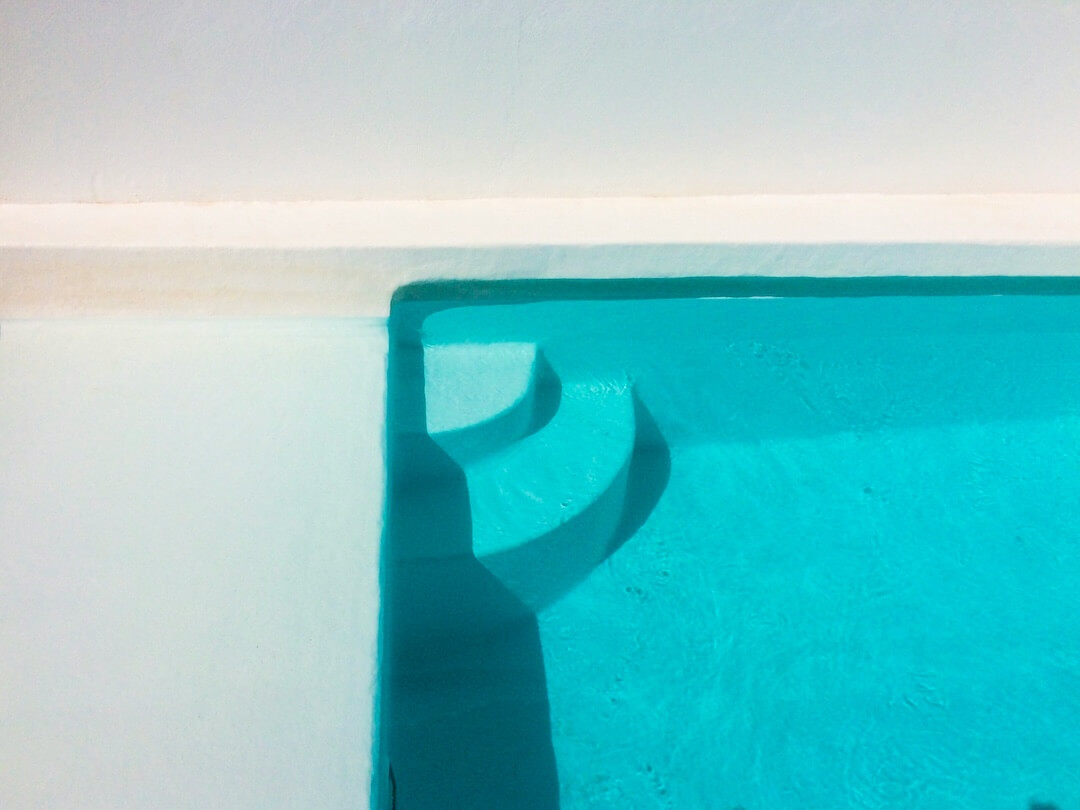How to Use a Pool Test Kit Correctly

How to Use a Pool Test Kit Correctly
Owning a pool in Fort Lauderdale offers endless enjoyment during Florida’s warm seasons, but maintaining that perfect water clarity and safety demands attention to water chemistry. A pool test kit is an essential tool for any homeowner or professional pool service in Fort Lauderdale. Proper use of a test kit ensures your pool water remains balanced, preventing issues like algae growth, corrosion, or skin irritation. In this guide, we will walk you through the step-by-step process of using a pool test kit correctly, so you can confidently maintain your pool’s health and safety in Fort Lauderdale’s unique climate.
What Is a Pool Test Kit?
A pool test kit is a set of tools used to measure key water parameters such as pH, chlorine levels, alkalinity, calcium hardness, and sometimes additional factors like cyanuric acid or phosphate levels. These parameters are critical for maintaining water chemistry balance that keeps your pool sanitized and prevents damage to the pool structure and equipment. In Fort Lauderdale, where water quality can be affected by the local environment and climate, regular testing is vital for optimal pool maintenance.
Types of Pool Test Kits Available in Fort Lauderdale
There are primarily two types of test kits suitable for homeowners and professionals in Fort Lauderdale:
- Test Strips: These are simple, quick, and affordable. You dip a strip into your pool water and compare the color change to a chart. While convenient, they may be less precise than liquid tests.
- Liquid Test Kits: These involve collecting water samples and adding reagents to determine exact chemical levels. They offer more accuracy, making them ideal for detailed testing and precise balancing.
In Fort Lauderdale, many pool owners prefer liquid test kits for their reliability, especially during peak swimming seasons when maintaining perfect water chemistry is crucial.
How to Collect a Water Sample Correctly
The first step in using a pool test kit properly is collecting an accurate water sample. Follow these tips for best results:
- Use a clean, dry container or sample bottle provided with your test kit.
- Collect water from at least 18-24 inches below the surface—avoid stirring up sediment or debris.
- Take the sample from the deep end of the pool, away from skimmers, inlets, or returns, to get a representative reading.
- Ensure the sample container is free of any chemicals or residues that might skew results.
Proper sampling is especially important in Fort Lauderdale, where algae blooms or mineral buildup can develop quickly if water chemistry is off.
How to Test Your Pool Water Step-by-Step
Once you have a proper water sample, follow these detailed steps:
1. Read the Instructions Carefully: Each test kit may have slight variations; always follow the manufacturer’s directions for optimal accuracy.
2. Add Reagents or Use Strips:
- For liquid test kits: Add the recommended number of reagent drops to the water sample.
- For test strips: Dip the strip into the water sample for the specified duration, usually a few seconds.
3. Wait for the Reaction Time: Allow the reagents to react. This typically takes 15-30 seconds for strips and a few minutes for liquid tests.
4. Compare Results to the Color Chart:
- For strips: Match the strip’s color change to the provided chart.
- For liquid tests: Read the color against the calibrated chart included with your kit.
5. Record the Readings: Keep track of your water parameters for future reference and trend analysis.
In Fort Lauderdale, where saltwater pools and high bather loads are common, precise testing ensures your pool remains safe and inviting.
How to Interpret Your Test Results
Understanding your test results is crucial for effective pool maintenance:
- pH Level: Should be between 7.2 and 7.6.
- Chlorine Level: Maintain free chlorine between 1.0 and 3.0 ppm for sanitized water.
- Alkalinity: Should be 80-120 ppm to prevent pH fluctuations.
- Calcium Hardness: Keep between 200-400 ppm to avoid scaling or etching.
- Cyanuric Acid (Stabilizer): Ideal levels are 30-50 ppm, especially important in sunny Fort Lauderdale climates to protect chlorine from UV degradation.
If your readings fall outside these ranges, adjustments are necessary. For example, adding pH increasers or reducers, chlorine, or alkalinity boosters. Regular testing in Fort Lauderdale ensures your pool stays balanced, reducing the risk of costly repairs or health issues.
How Often Should You Test Your Pool Water in Fort Lauderdale?
In Florida’s climate, pool water can change rapidly due to heat, sunlight, rain, and high usage. It is recommended to test:
- At least twice a week during peak season (spring through fall).
- Weekly during cooler months.
- After heavy rain, storms, or high bather load.
- Before and after chemical additions to verify effectiveness.
Consistent testing allows you to catch imbalances early, maintaining crystal-clear water and a safe swimming environment in Fort Lauderdale.
How to Maintain and Store Your Pool Test Kit Properly
Proper storage extends the life of your test kit:
- Keep reagents in a cool, dry place away from sunlight, heat, or moisture.
- Ensure bottles are tightly sealed.
- Avoid contamination by not touching reagent tips or test areas.
- Replace expired reagents promptly, as expired chemicals can give inaccurate readings.
Regularly calibrating your test kit and following manufacturer instructions ensures accurate test results every time.
When to Seek Professional Pool Testing Services in Fort Lauderdale
While regular home testing is essential, certain situations demand professional assessment:
- Persistent water quality problems despite proper testing and chemical adjustments.
- Unusual water discoloration or odors.
- Scaling or corrosion signs on pool surfaces or equipment.
- High mineral content or algae outbreaks that are difficult to control.
Our local Fort Lauderdale pool professionals can perform comprehensive water analysis, recommend tailored treatment plans, and service your pool to keep it in perfect condition year-round.
Final Tips for Effective Pool Water Testing in Fort Lauderdale
- Always test water before adding chemicals to avoid overcorrection.
- Maintain a water testing log to track trends over time.
- Use distilled or dechlorinated water for calibrating test kits, if applicable.
- Educate yourself about local water conditions—Fort Lauderdale’s mineral-rich water can influence your pool chemistry.
- Incorporate routine professional inspections, especially before peak swimming seasons.
Properly utilizing a pool test kit is the foundation of effective water management. In Fort Lauderdale, where outdoor pools are a central part of outdoor living, mastering this process ensures your pool remains safe, clean, and enjoyable for family and friends. With consistent testing, accurate interpretation, and timely adjustments, you’ll enjoy a sparkling, healthy pool all year long. Reach out to our local Fort Lauderdale pool experts for assistance, equipment recommendations, or professional testing services—taking proactive steps today keeps your backyard oasis in top shape tomorrow.



